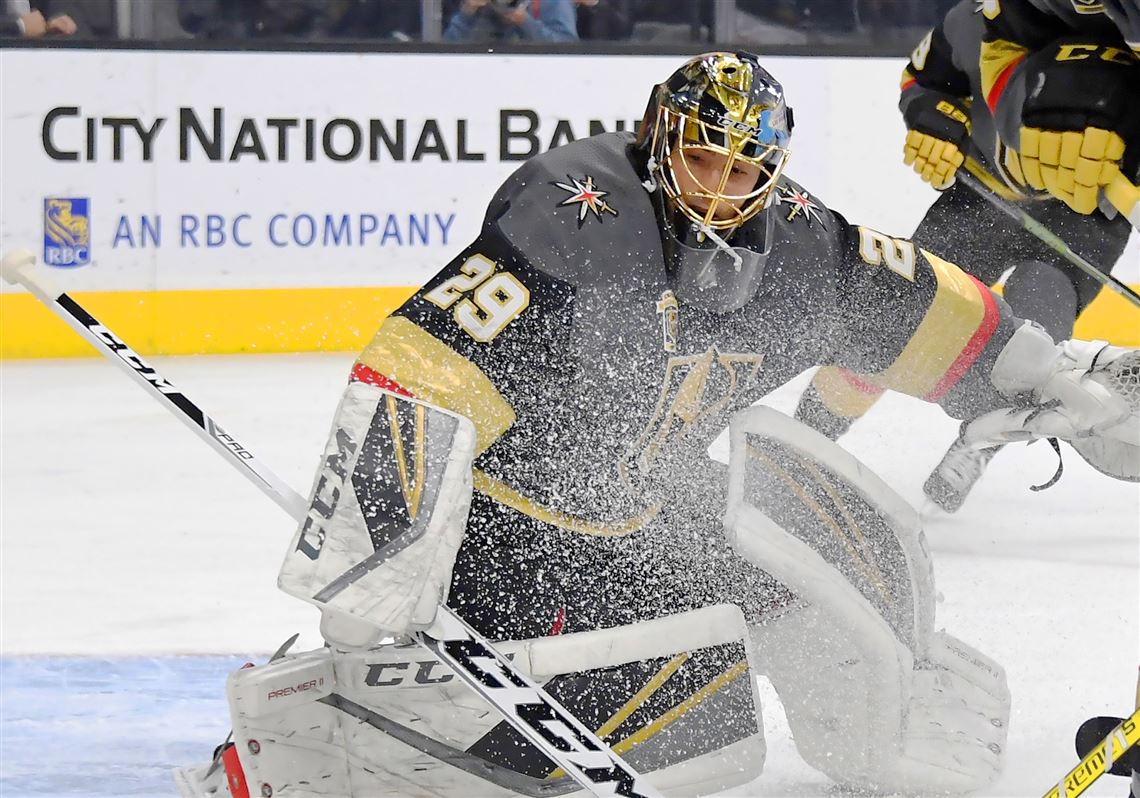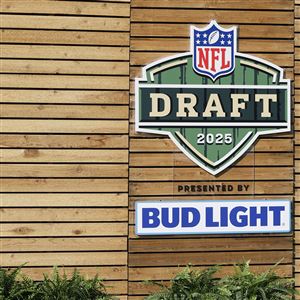The Ottawa Senators — their second incarnation, anyway — broke into the NHL in 1992 with an impressive 5-3 victory against Montreal. Then lost 20 of their next 21 games.
The 1972-73 New York Islanders entered the league alongside the Atlanta Flames, but quickly fell behind their expansion brethren, and stayed there. New York finished 12-60-6, good for 35 fewer points than Atlanta. (Never mind that the Islanders later would launch a run of four consecutive Cups a few months before the Flames relocated to Calgary.)
And then there were the 1974-75 Washington Capitals, who debuted with an 8-67-5 record. And who, after losing their first 37 away games, celebrated their lone road victory by parading a trash receptacle — they labeled it the Stanley Can — around the ice at Oakland-Alameda County Coliseum.
But while those Capitals are a popular — and reasonable — choice as the worst expansion team in NHL history, there are enough other candidates to fuel a lively discussion.
Not so if the conversation would shift to the league’s most successful first-year franchise.
That distinction belongs to the Vegas Golden Knights, who will face the Penguins at 7:08 p.m. Tuesday at PPG Paints Arena.
Vegas, coming off a 4-3 victory Sunday at Washington, not only has a winning record (35-13-4), but also leads second-place San Jose by 10 points in the Pacific Division and trails only Tampa Bay in the overall standings. By all of one point.
It is a run that exceeds even the most outrageous expectations.
“I thought Vegas was going to do OK,” Penguins general manager Jim Rutherford said. “But … I never thought they’d do as well as they’ve done.”
It helped that Vegas operated under the most generous expansion-draft rules in the NHL, a tradeoff for owner Bill Foley spending $500 million to purchase the franchise.
“One of the advantages that Vegas has had is the rules, and the chance to be able to acquire better players than in past expansions,” Rutherford said. “But just because you can do that doesn’t mean it automatically happens. I give the utmost credit to [general manager] George McPhee and [coach] Gerard Gallant.”
McPhee and his staff didn’t just identify players who could play the style Gallant coaches; he routinely got other clubs to turn over additional assets to select those players.
Penguins alum Marc-Andre Fleury, for example, gave Vegas not only a Stanley Cup-winning goalie, but a guy with the personality to become the face of the franchise.
Nonetheless, the Penguins — who understandably concluded that Matt Murray, nine years younger than Fleury and a two-time Cup-winner himself, was their goalie of the future — sent a second-round draft choice in 2020 to the Golden Knights to assure they would claim Fleury.
Likewise, Columbus dispatched a first-round draft choice in 2017 and a second-rounder in 2019, along with the contract/salary-cap hit of injured winger David Clarkson, to Vegas for selecting William Karlsson.
All Karlsson has done is to put up 27 goals and 18 assists in 52 games, making him a pretty good example of what Rutherford calls “good players who are trying to prove a point” after being “discarded by their former teams.”
The NHL is expected to add a 32rd franchise, in Seattle, within the next few years, and it’s assumed that team will have access to as much quality talent as McPhee did. Which is no guarantee it will come close to matching Vegas’ first-year accomplishments.
“If somebody is going to pay that for a franchise, they should have a chance to be competitive, right off the bat,” Rutherford said. “But the expectations for the Seattle team are going to be pretty high.”
Earning a Stanley Can just won’t be enough anymore.
Dave Molinari: Dmolinari@Post-Gazette.com and Twitter @MolinariPG
First Published: February 4, 2018, 10:41 p.m.




















